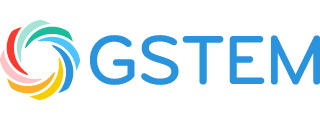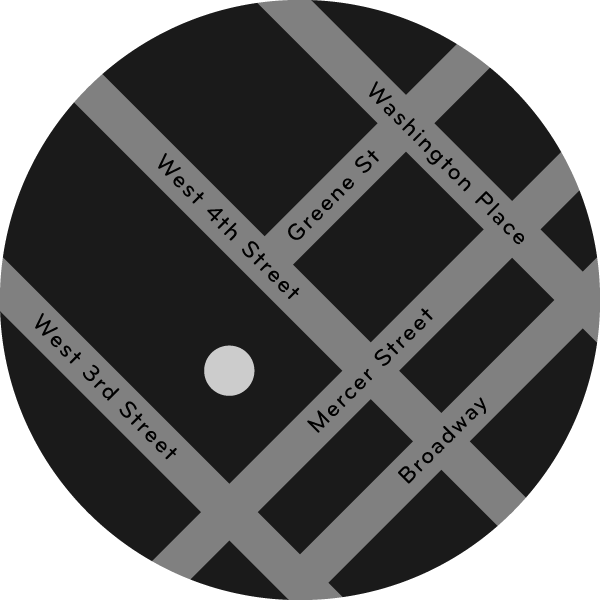
We are excited to offer our online course in data science! Developed and taught by NYU instructors, this 12-week course is a great opportunity for those looking to expand their STEM interests beyond the high school curriculum. This class is designed for all levels.
Course Details
- Course Dates: February 3 – May 5, 2025
- Instructor: Robert Barton, PhD, Data Scientist / Machine Learning Scientist
- Course Rate: $2,370
- Financial Aid available (New!)
- Graded course
- Students receive an official NYU academic transcript
- Lecture Day/Time: Monday 7pm – 8:30pm (ET)
- Lab Days/Times: Students are required to attend a weekly online lab and may choose between a weekday evening or a weekend morning
- Open to current juniors and seniors
- Application opens: November 15th
- Application deadline: December 15th
FAQs
Who is eligible for the data science class? Current high school juniors and seniors with a strong STEM background are encouraged to apply.
Is financial aid available? Yes! Students in need of financial support can apply for financial aid through the application. Awards equaling all or part of the $2,370 program cost will be given based on student need.
Who is the instructor? Our data science class was developed by NYU faculty. Our instructor is Rob Barton, PhD. Dr. Barton is a Senior Applied Scientist researching Machine Learning at Amazon. Prior to Amazon, he worked as a Data Scientist at Palantir. Dr. Barton received his PhD in Applied Physics with a minor in Electrical and Computer Engineering from Cornell and his AB in Physics from Harvard.
Can you share more details on the computer science prerequisite? Applicants must have taken or be taking AP Computer Science Principles (or an introductory computing course) and must know loops, control structures, conditionals, iteration, booleans, and variables to be successful in the class. Moderate programming experience will be very helpful but is not required. The class is taught in Python.
Can you share more details on the math prerequisite? Applicants must have taken or be taking Precalculus (or it’s equivalent) and must know basic arithmetic (sums, differences, squares, division, percentages), functions (linear, polynomial, logarithmic functions, graphs of functions), algebra (systems of equations), and statistics (pie and bar plots, computing averages) to be successful in the class.
How is the course structured? Students will have two weekly obligations. The first is the Monday evening lecture. The second is recitation (lab section) where students will practice the material from that week’s lecture. We will have a weekday evening recitation and a weekend morning recitation for the students to choose from. All components of the class will take place online.
How am I graded? Attendance is required each week in both lecture and recitation. (Lectures will be recorded if a student has an excused absence.) There will be weekly assignments in recitation, homework assignments, and a final project and presentation. Participation and engagement are important too.
Will applications be accepted after December 15th? No, they will not so please plan accordingly. All applications must be submitted by 11:59pm (applicant’s local time) on that day.
Why GSTEM Data Science?
Because data science is evolving quickly and being a data scientist is a very marketable skill set. The ability to gather, process, analyze, and visualize data will give you an incredible advantage as you move forward with your STEM studies and STEM careers.
Because data is everywhere! We often don’t realize the extent that we use it and how it influences our everyday lives.
Because data science has always been an important, underlying part of GSTEM. The Winston Data Scholarship for our summer research program has been around since 2015.
What You’ll Learn
This course introduces ideas and techniques in modern data analysis, including interpreting and visualizing data, using data to build mathematical models, and assessing the validity of models and their predictions. The course is hands-on and data-centric, and will give students the opportunity to analyze data and create models.
By the end of the course, students of all levels will:
- Understand how to interpret data and data visualizations, and use Python and Jupyter notebooks to work with data tables and to produce data visualizations
- Understand what mathematical models are, how data are used to build, assess, and validate models, and how models are used to make predictions
- Gain some basic programming skills, particularly those that are relevant for data analysis and modeling
- Enhance their STEM skillset and marketability by applying data science to future research opportunities
Application & Eligibility
Our Data Science Course application opened November 15th and will close on December 15th.
Applicants must include a current transcript through Spring 2024 and must include a list of their Fall 2024 classes. Two short essays are also required.
The course is open to current juniors and seniors. No prior experience in data science necessary.
Math prerequisites: Must have taken or be taking Precalculus (or its equivalent).
Computer Science prerequisites: Must have taken or be taking AP Computer Science Principles (or an introductory computing course). Moderate programming experience is helpful but not required.
Unfortunately we are unable to admit international students at this time. (Only those already in the U.S. on an F-1 student visa are eligible.)
NYU has recently instated a $50 application fee. A fee waiver is easily available and we strongly encourage anyone in need to request one. Instructions will be included on our application.
Questions?
We’re happy to help! Contact us at gstem@nyu.edu.
Testimonials
This course has made me more appreciative of data science and the countless opportunities it provides to researchers. After taking this course, I am more aware of the data around me and the countless data files that appear in my everyday life. Now, with the skills from the course, I can explore any data file that I am curious about and draw my conclusions about problems that I may deal with.
Prior to GSTEM, I had little to no background in computer science. The program helped me delve into the realm that I was previously afraid to enter, and made it so that I could incorporate my love for research and scientific inquiry.
With the knowledge and skills gained from this course, I can now implement data science in my future STEM studies. As an ardent scientific researcher, I plan to further my inquisitiveness in my undergraduate education; I will bring my data science prowess to new laboratories and institutions in order to examine experimental results and harness new interdisciplinary studies.
I emerged from this class with thorough knowledge of a new programming language and an understanding of a modern utility/subject which will only become more significant as the world continues to digitize.
Working with like-minded peers in a supportive environment encouraged me to ask questions and go beyond the syllabus to maximize my learning from this experience.
I especially enjoyed the recurring topic of considering the human contexts of data and data science; we should simultaneously consider the technical consequences as well as the safety, ethical, and moral impacts of all our discoveries and practices.

